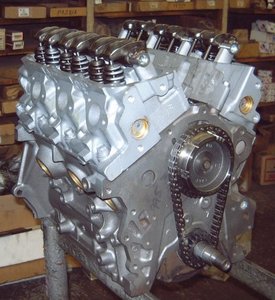Cash for Clunkers
Be careful what you wish for, you just might get it.
NYTimes
On average, cars are driven 12,000 miles per year, according to government statistics. Considering that the traded-in clunkers had an average fuel economy of 15.8 m.p.g. while the new ones deliver 24.9 m.p.g., a swap saved some 278 gallons of gas per year — which would have released almost 2.8 tons of carbon dioxide when burned.
Assuming the clunkers would have been driven four more years, the $4,200 average rebate removed 11.2 tons of carbon from the atmosphere, at a cost of some $375 per ton. If they would have been driven five years, the carbon savings cost $300 per ton. And if drivers drive their sleek new wheels more than they drove their old clunkers, the cost of removing carbon from the atmosphere will be even higher.
To put this in perspective, an allowance to emit a ton of CO2 costs about $20 on the European Climate Exchange. The Congressional Budget Office estimated that a ton of carbon would be valued at $28 under the cap-and-trade program in the clean energy bill passed by the House in June.
The program might have been more efficient with modifications, like a smaller rebate. But even if the new cars bought under the program had zero emissions, the price of removing the clunkers’ carbon dioxide from the atmosphere would have been nearly $140 per ton.
Be careful what you wish for, you just might get it.
NYTimes

